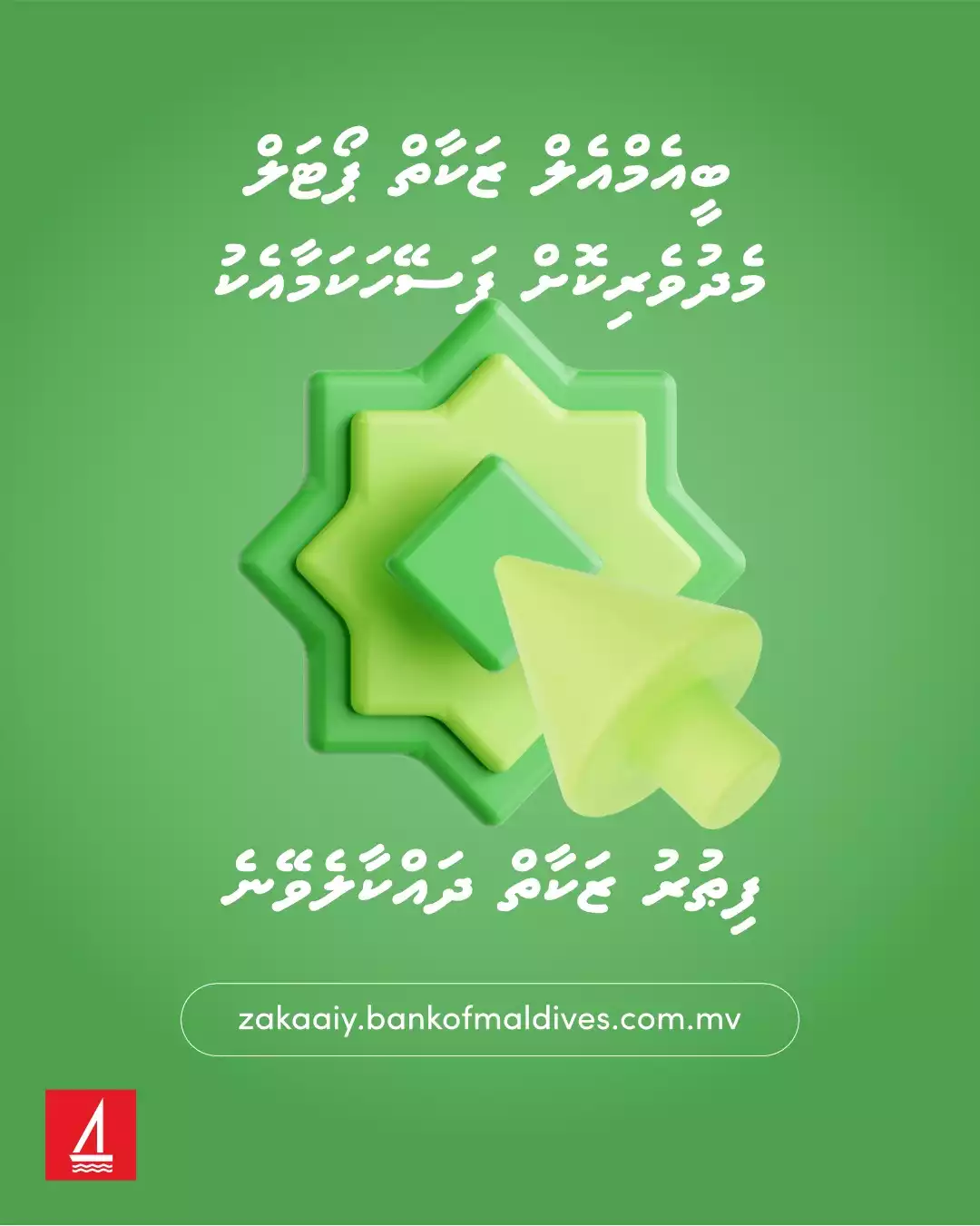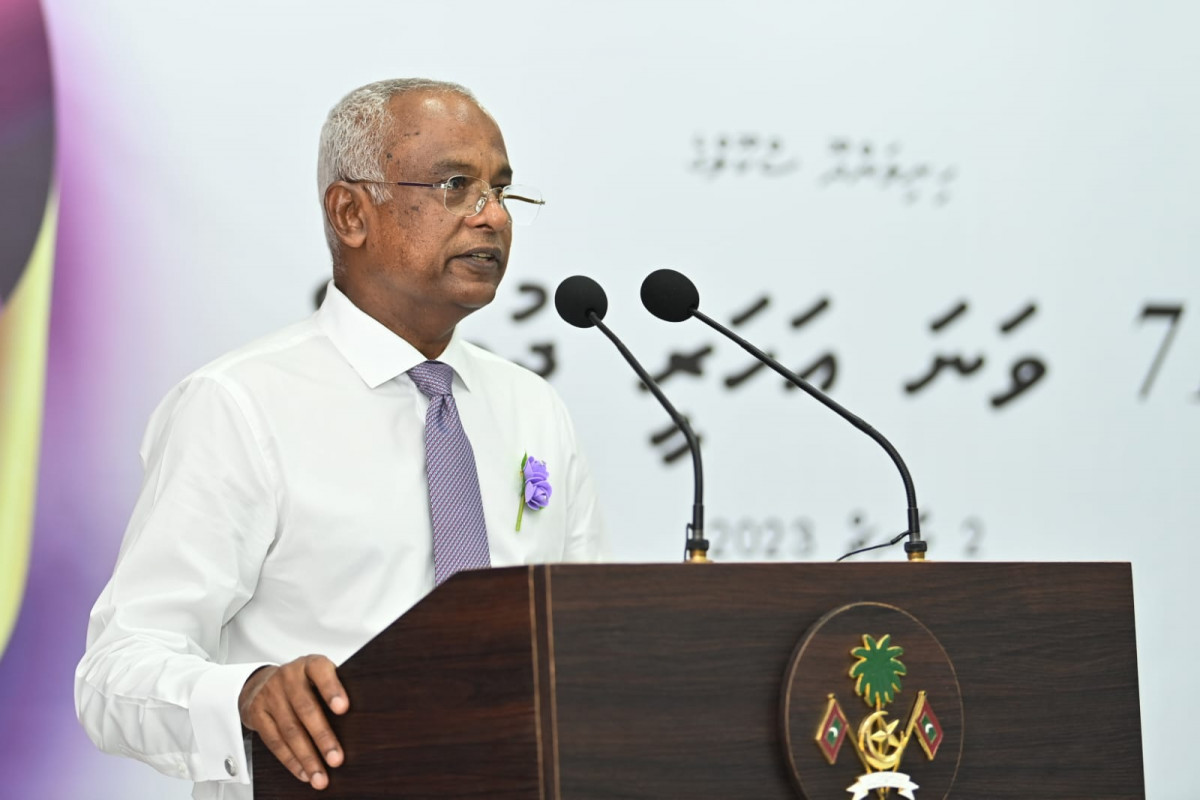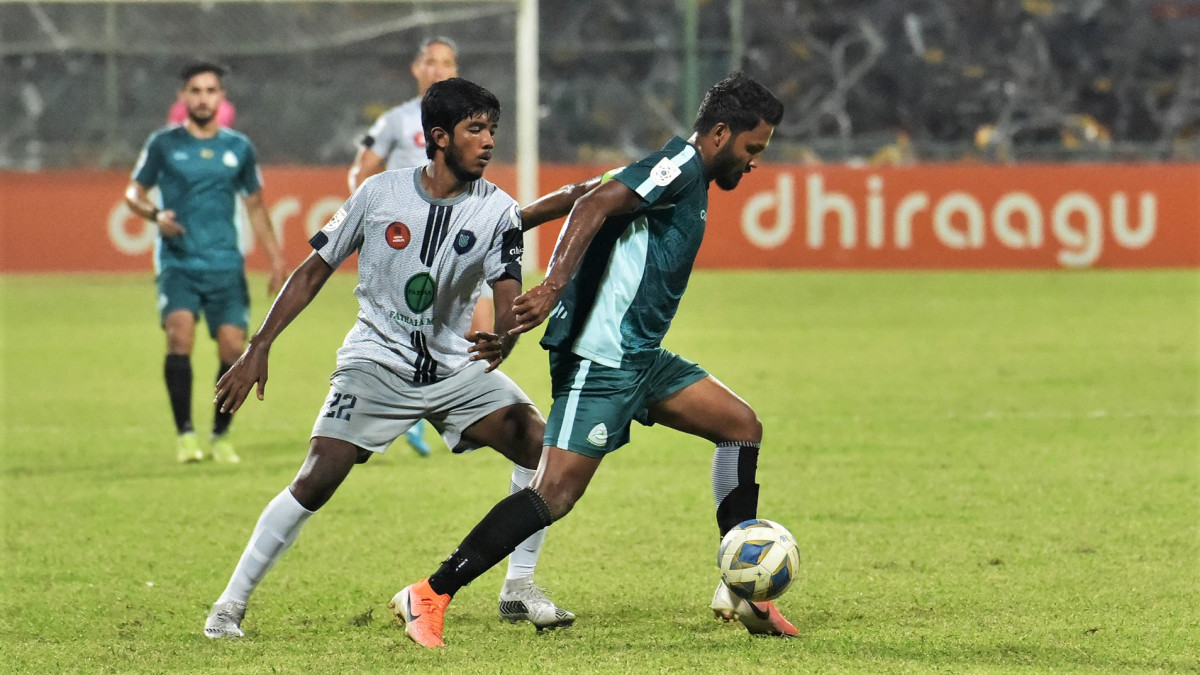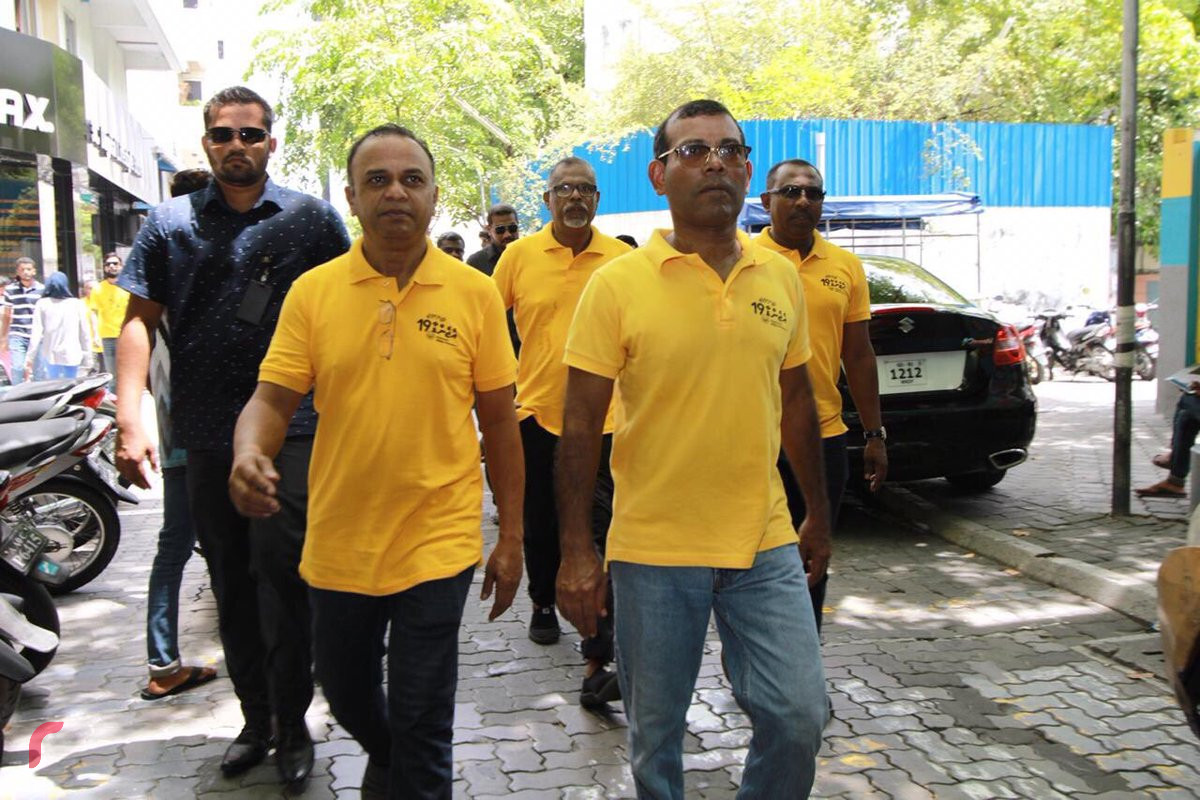New bill aims to gag media using religion as pretext to silence reports on gov’t corruption
The new legislation aims to impose strict media restrictions using religious grounds amid corruption allegations

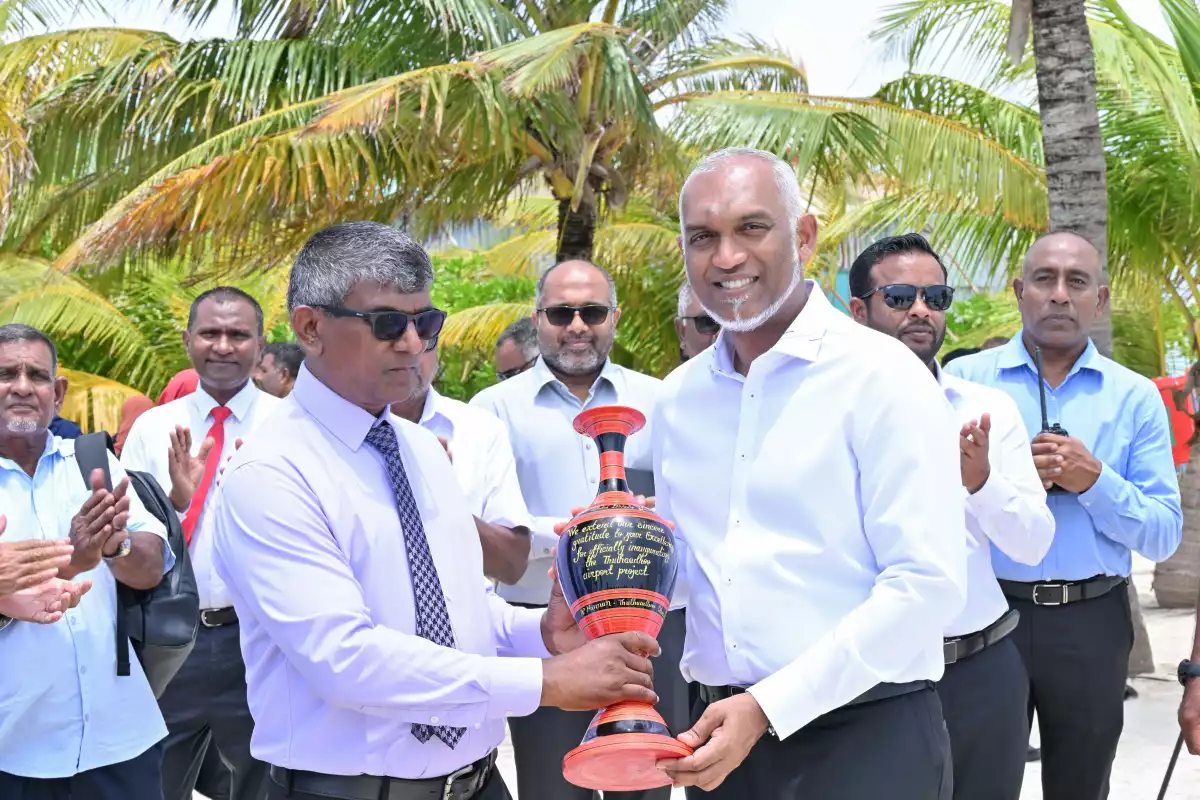
President Dr. Mohamed Muizzu (R) and MP for Thulhaadhoo constituency Abdul Hannan (L) - The bill clamping down on media was drafted by the government
A new bill has been introduced to the People’s Majlis aiming to impose sweeping restrictions on media in the Maldives, using religious grounds to justify tighter control amid growing scrutiny of alleged corruption within President Dr. Mohamed Muizzu’s administration.
The legislation was tabled by MP for Thulhaadhoo constituency Abdul Hannan Aboobakuru, acting on behalf of the government. While presenting the bill, the lawmaker emphasized the need for media regulation and stated that lying contradicts religious values, without addressing concerns over press freedom or the bill’s broader implications. Critics argue that the bill weaponizes religion to stifle dissent and silence reporting on government misconduct.
If passed, the law would establish strict regulatory measures for broadcasters, newspapers, and magazines. It grants significant authority to the newly formed Maldives Media and Broadcasting Commission, including the power to take disciplinary action against journalists and media workers who allegedly breach a state-defined code of conduct.
Failure to comply with correction orders issued by the commission could result in fines ranging from MVR 5,000 to MVR 25,000.
The government-backed media regulation bill currently before the People’s Majlis proposes to grant far-reaching powers to the newly established Maldives Media and Broadcasting Commission, raising serious concerns over press freedom and the independence of journalism in the country.
According to the bill, the commission would have the authority to take a broad range of punitive and corrective measures against broadcasters, including:
- Ordering content corrections
- Issuing formal warnings
- Publicizing corrections for offenses
- Mandating steps to prevent repeat violations
- Imposing fines of up to 10% of the previous year's revenue
- Temporarily suspending parts of broadcast schedules
- Ordering the cessation of specific content
- Revoking broadcast licenses through court orders
Print media, including newspapers and magazines, could also face penalties for violations of the newly proposed code of conduct, with fines ranging from MVR 5,000 to MVR 100,000.
The bill stipulates that all broadcasters, journalists, and media workers must adhere to ethical standards that include "promoting the principles of upholding the rule of law." Critics argue that such language could be used selectively to target outlets critical of the government.
The commission, described in the legislation as an "independent" body with legal personality, its own seal, and the ability to sue and be sued, would also be empowered to:
- Summon witnesses and parties involved in cases
- Take statements
- Examine and obtain documents
- Order individuals or organizations to produce information in writing
- Collect and evaluate evidence
The controversial media regulation bill under review at parliament includes broad new mandates for the Maldives Media and Broadcasting Commission, empowering it to take action against what it defines as platforms disseminating “fake news” and content seen as threatening national unity.
According to the bill, the commission will be legally required to instruct relevant authorities and service providers to take measures to halt the operations of platforms accused of spreading disinformation. It also obligates the commission to direct action against individuals or groups alleged to be “creating fear and hatred among citizens” or “undermining the national interest” through the use of fake news.
The legislation goes further to restrict the display or publication of any content, whether through words, gestures, actions, or behavior that could violate an individual’s dignity, honor, or cause humiliation. Content deemed “inappropriate for use in society” would also be prohibited, though the bill does not clearly define such terms.
Additional provisions include requirements that factual and fictional content be clearly distinguished, and that personal information may only be obtained if it serves a legitimate public interest. The bill also warns against “unjust intrusion” into a person’s private life and underscores that individuals’ dignity and honor must be respected in all circumstances.
In a sweeping structural change, the bill proposes that, upon enactment, the existing members of both the Maldives Media Council and the Broadcasting Commission will be dismissed, effectively dissolving the current media oversight bodies in favor of the newly established commission with expanded powers.
A temporary five-member committee, appointed by the Civil Service Commission, will oversee the Maldives Media and Broadcasting Commission until it becomes fully operational, under the terms of the proposed media regulation bill. All interim appointees must hold positions above Director General level within the civil service.
The permanent commission will be composed of seven members: three appointed by the president and approved by the People’s Majlis, and four elected by registered media outlets. The Elections Commission is tasked with organizing the media representatives' election within 30 days of the law coming into force. Only journalists employed at broadcasters and media outlets that have been officially registered for at least five years will be eligible to vote.
The commission's vice president will be chosen through a secret ballot by its own members. However, the president of the commission will be a nominee proposed by the president and subject to parliamentary approval.
Once the law is enacted, all newspapers and magazines, regardless of format or platform, must be registered with the new commission in order to operate legally within the Maldives.
